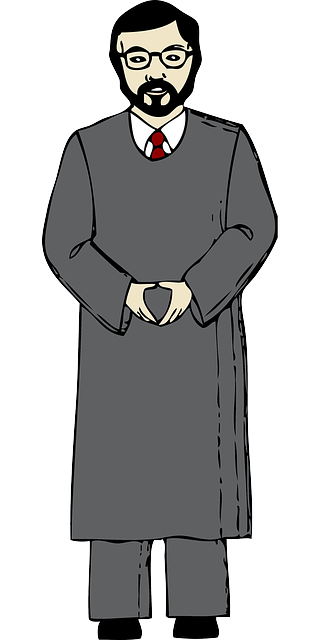With Social Security delays in scheduling hearings reaching into multiple years, a lot of clients ask if they can work while they wait. The answer is yes, but within limits.
Understanding SGA
Social Security will consider a person disabled if she is unable to earn (in 2016) roughly $1,100.00 per month. This number represents what Social Security calls substantial gainful activity, or SGA. You can see at this site how SGA has changed over the years. It is designed to increase year to year to match inflation. Since inflation is essentially nonexistent in the current economy, SGA has not changed much over the past 5 years.
If you make more than SGA, Social Security will consider you to be working full time. Those working full time are not eligible for disability benefits. If you earn less than SGA, conversely, you are still eligible. It is important to note that Social Security measures SGA by dollars earned, and not by hours worked. Thus, if you still had the capacity to work 15 hours a week, but you earned $19.00 an hour, you are going to bump up against SGA. If you are making the minimum wage, though, you could be working as much as 33 hours a week.

Other Ways To Work While Retaining Eligibility For Disability.
The other option is to return to work on a full time basis but only for a limited amount of time. It could be that a person takes a job in good faith, but finds only months into it that he cannot perform all the required tasks. Social Security will consider this an unsuccessful work attempt (UWA).
Finally, you could work full time but with accommodations not available to other workers. This could be things like sitting when everyone else is required to stand. Or, it could be the flexibility to make your own schedule. If you need accommodations to remain employed, Social Security will not consider this SGA.
So, should you work while you wait for your disability hearing?
Yes.
A No Lose Proposition
Working while waiting is a no-lose proposition. Consider what could happen. You might find a job that you can do full time despite your medical issues. In that case, you no longer need disability benefits. A person is always better working if she can. While working, you are paying into Social Security. This will mean higher monthly benefits if you eventually do become unable to work. If you never become disabled, working will get you a higher retirement benefit.

Working Makes You More Credible
Even if you find you cannot work full time, or even if you have to quit your job within a few months, you have still helped yourself. In my experience, judges look favorably upon people who have made the effort to get a job. This tells the judge that you are willing to work and want to work. It also helps explain why you are not working at present. You can tell a judge specifically what you cannot do. This could include sitting, standing, walking, lifting or carrying. Or, it might be that you are too sick too often to get to meet attendance requirements. The claimant who can say to a judge “I tried doing that job but I was not able” is going to be better off than the one who never even tried.
Many claimants think that if they work, even part time, it will undercut their claim of being disabled. This is 180 degrees wrong. Working will boost your claim by making you more credible.
If you have any questions about this, please let me know.


